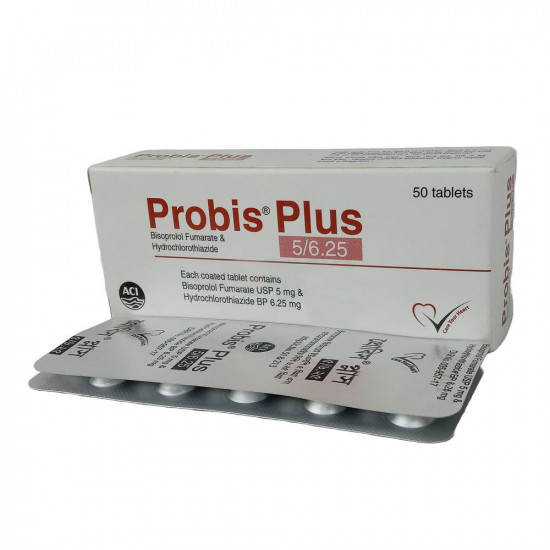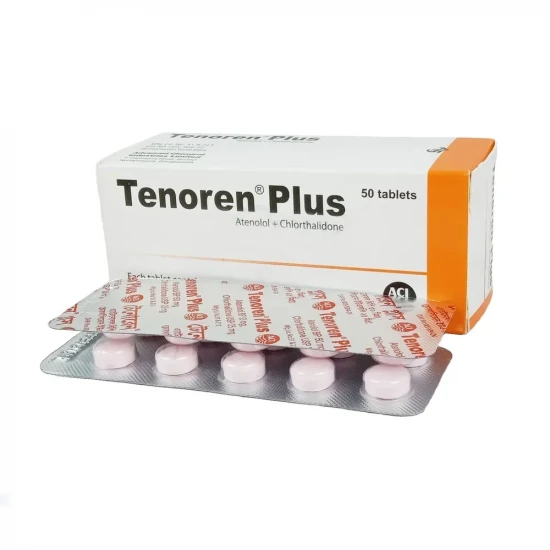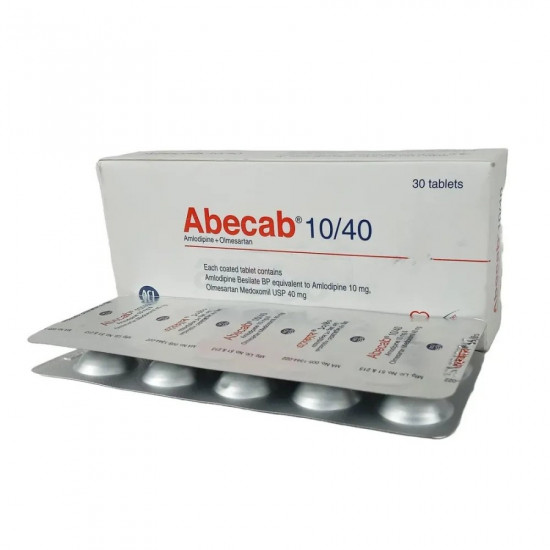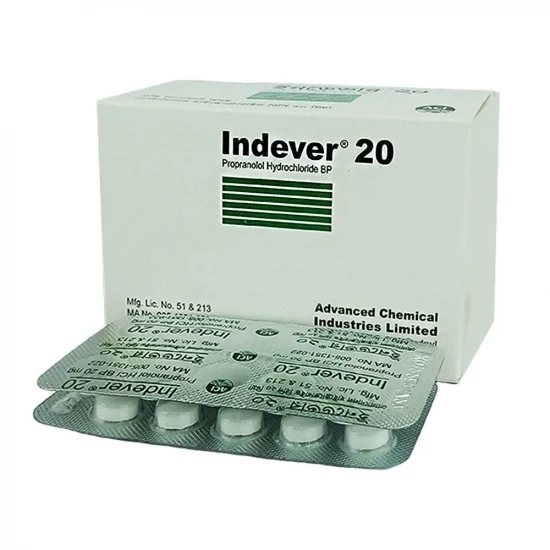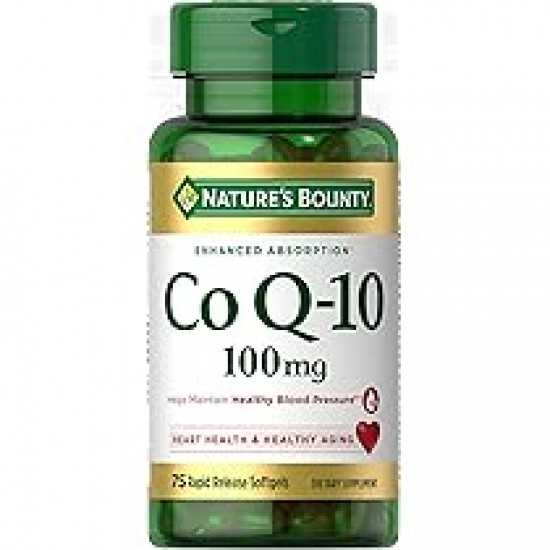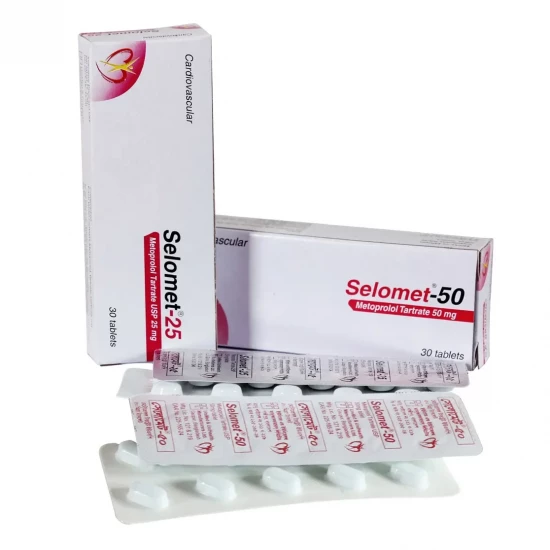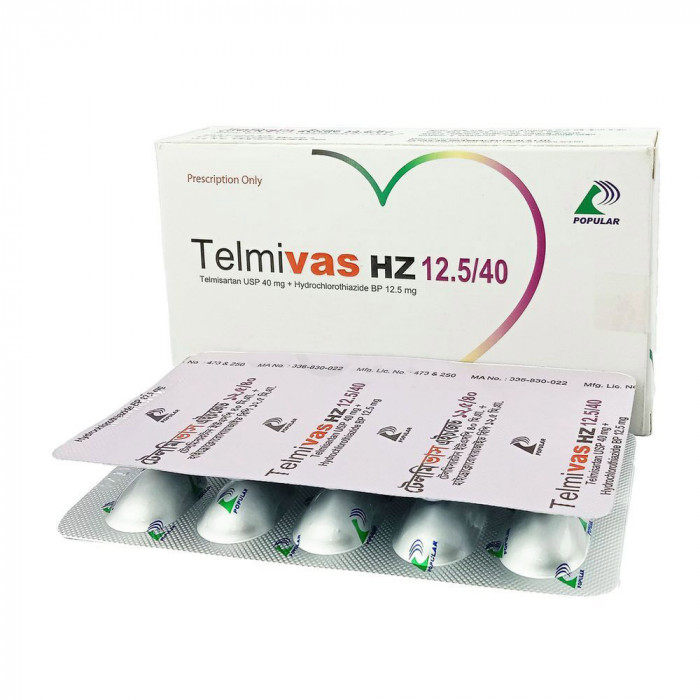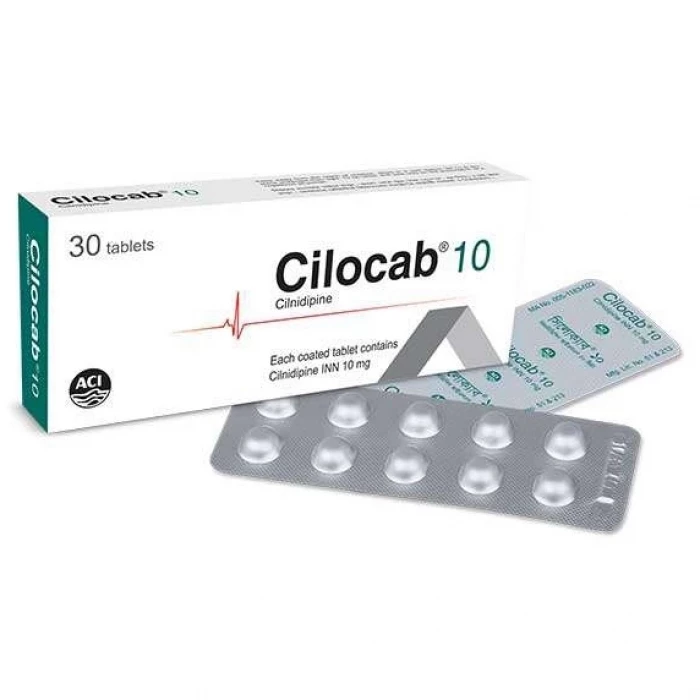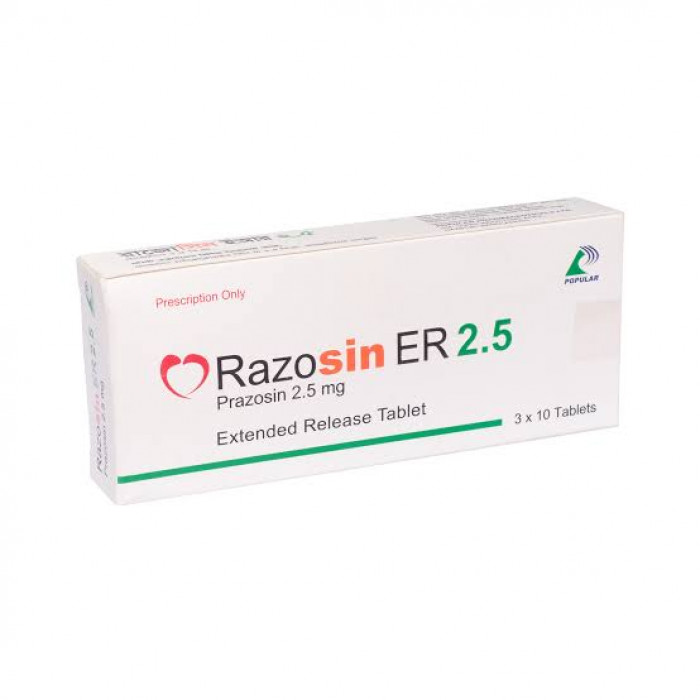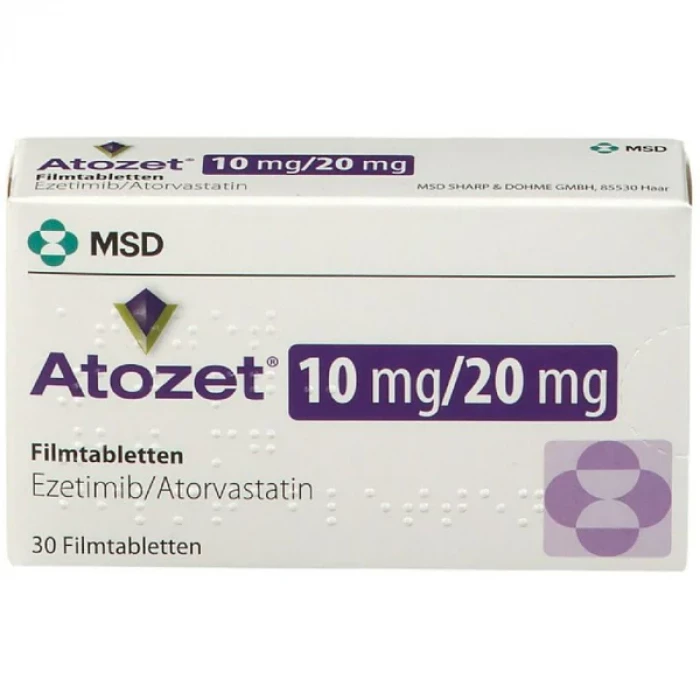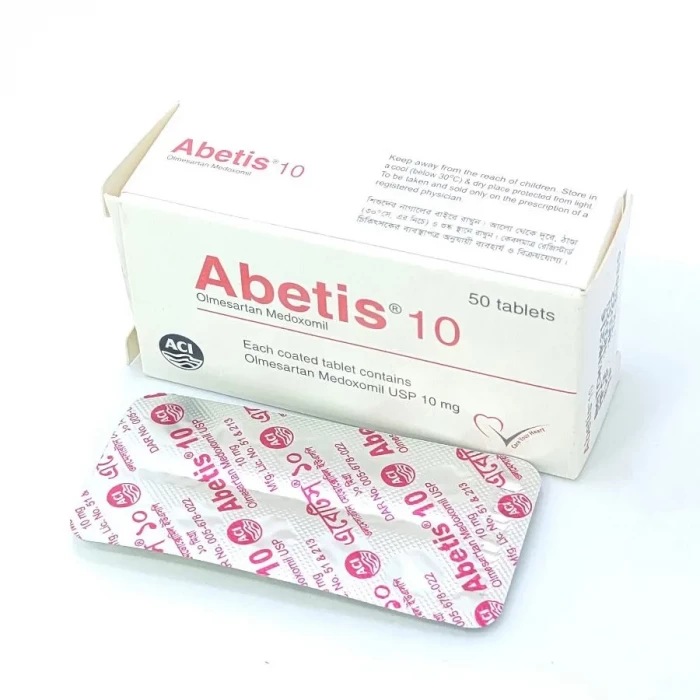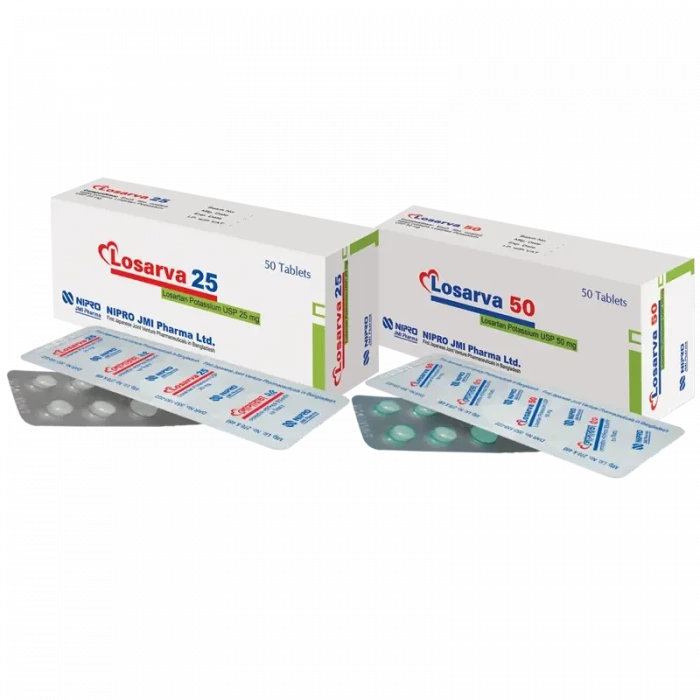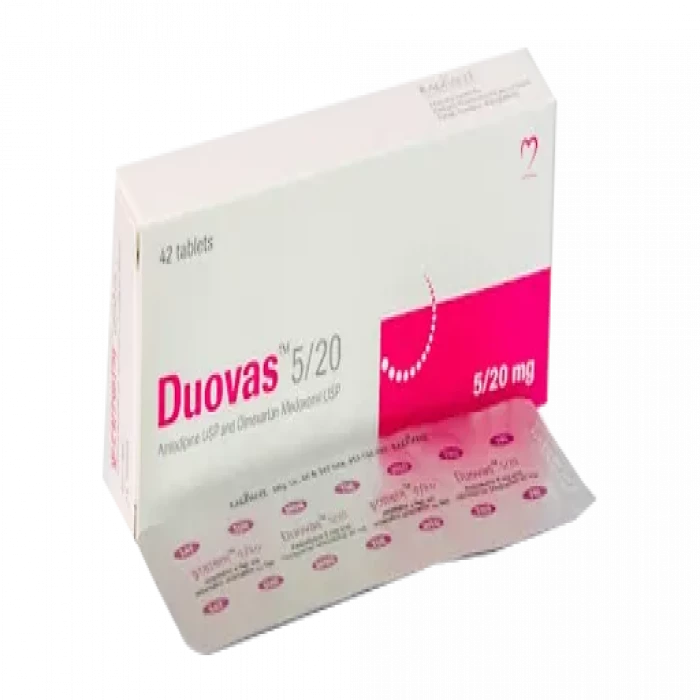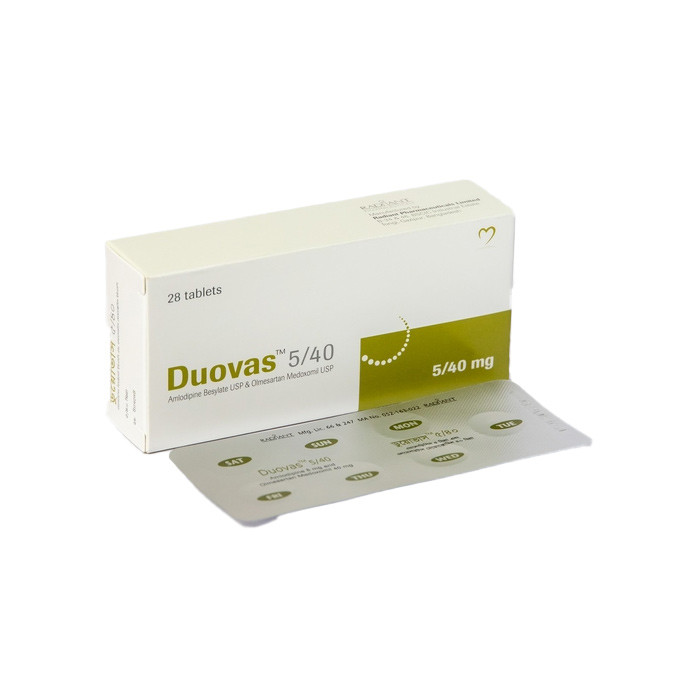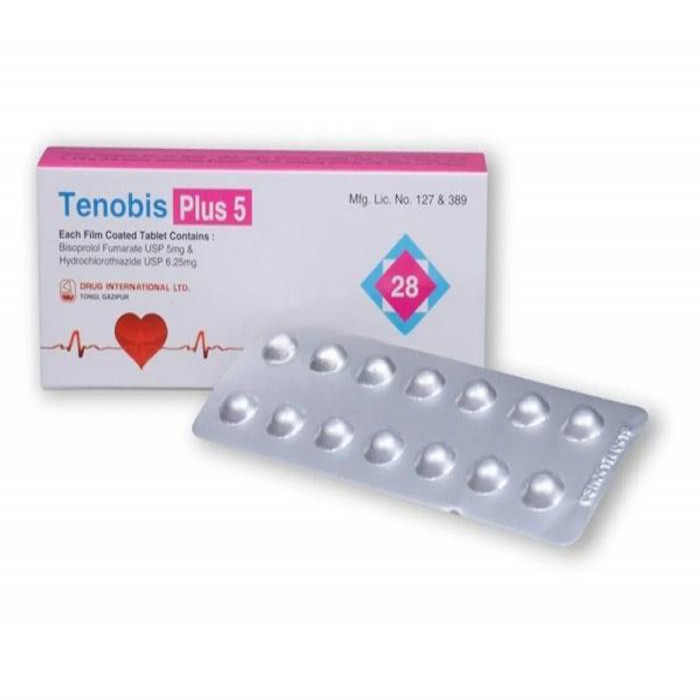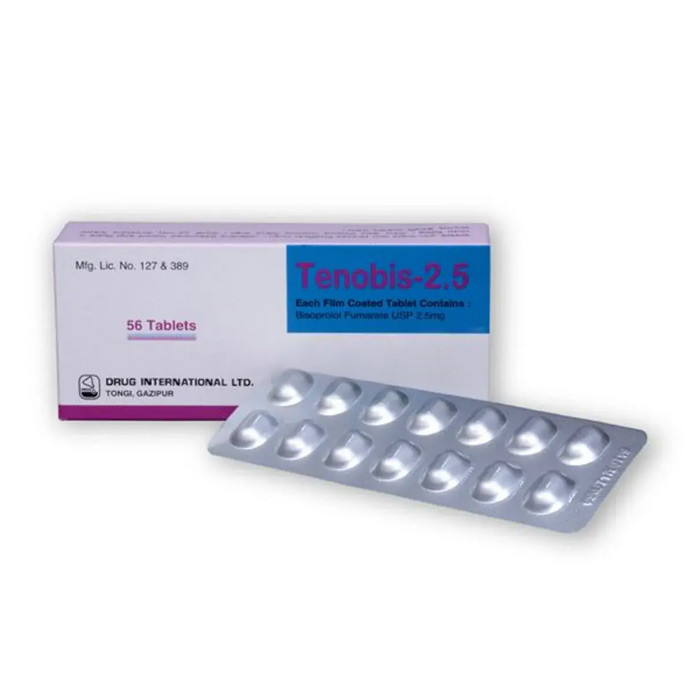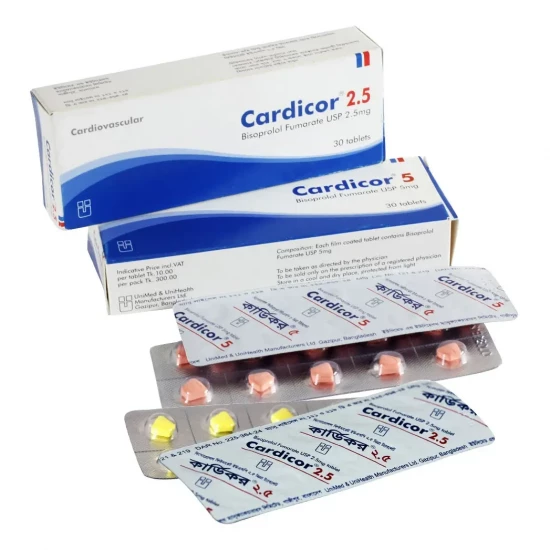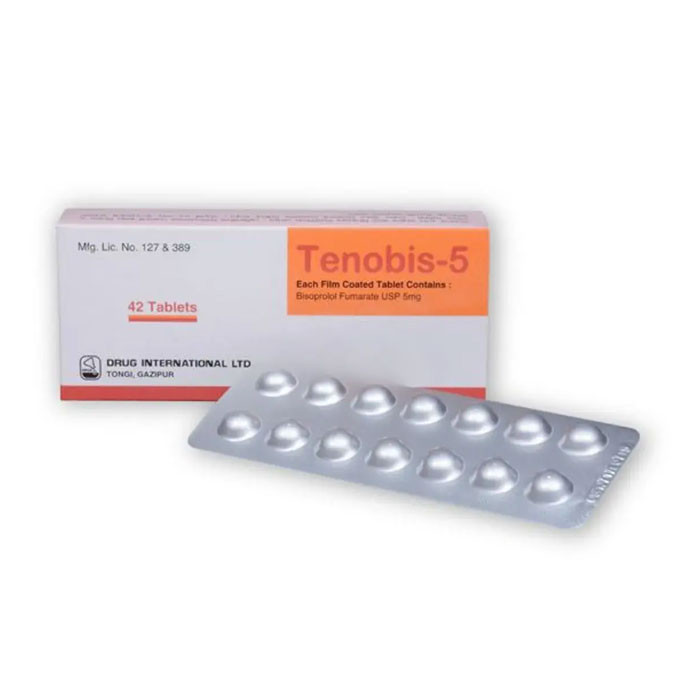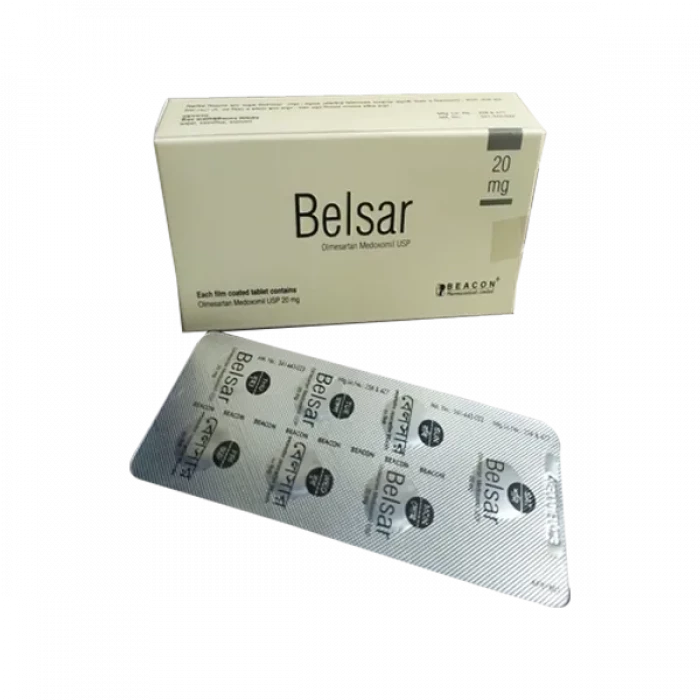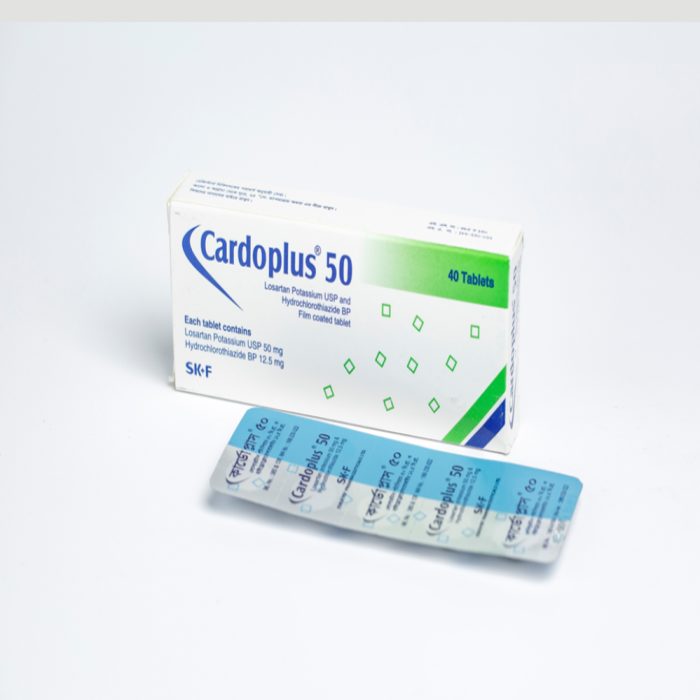
✔ 100% Authentic Product
👁️ Currently Viewing 1542
Cardoplus 50mg 10pcs
Generic Name: Hydrochlorothiazide 12.5mg + Losartan Potassium 50mg Manufacturer/Distributor: SK+F
Discount
Price: ৳ 95
MRP:
৳
100
5%
Off

100% Genuine Products, Guaranteed

Safe & Secure Payments, Always

Fast, Secure & Efficient Delivery

Proper Packaging
 Cash on Delivery - All over Bangladesh
Cash on Delivery - All over Bangladesh Regular Delivery - 12-24 Hours, Dhaka City* Charge Tk.39-59
Regular Delivery - 12-24 Hours, Dhaka City* Charge Tk.39-59 Regular Delivery - 24-48 Hours, Other Cities* Charge Tk.99-110
Regular Delivery - 24-48 Hours, Other Cities* Charge Tk.99-110
🌙 রমযান অফার 🌙
 ফ্রি ডেলিভারিঃ - ৭৯৯ টাকা+ অর্ডারে, ঢাকা
শহরে
ফ্রি ডেলিভারিঃ - ৭৯৯ টাকা+ অর্ডারে, ঢাকা
শহরে ফ্রি ডেলিভারিঃ - ২৭৯৯ টাকা+ অর্ডারে, ঢাকার
বাহিরে
ফ্রি ডেলিভারিঃ - ২৭৯৯ টাকা+ অর্ডারে, ঢাকার
বাহিরে
📲 মোবাইল অ্যাপ অর্ডারে সাশ্রয় বেশী
-
Google Play Store থেকে ডাউনলোড
-
Apple Store থেকে ডাউনলোড
100% Genuine Products, Guaranteed
Safe & Secure Payments, Always
Fast, Secure & Efficient Delivery
Proper Packaging
 Cash on Delivery - All over Bangladesh
Cash on Delivery - All over Bangladesh Regular Delivery - 12-24 Hours, Dhaka City* Charge Tk.39-59
Regular Delivery - 12-24 Hours, Dhaka City* Charge Tk.39-59 Regular Delivery - 24-48 Hours, Other Cities* Charge Tk.99-110
Regular Delivery - 24-48 Hours, Other Cities* Charge Tk.99-110 ফ্রি ডেলিভারিঃ - ৭৯৯ টাকা+ অর্ডারে, ঢাকা
শহরে
ফ্রি ডেলিভারিঃ - ৭৯৯ টাকা+ অর্ডারে, ঢাকা
শহরে ফ্রি ডেলিভারিঃ - ২৭৯৯ টাকা+ অর্ডারে, ঢাকার
বাহিরে
ফ্রি ডেলিভারিঃ - ২৭৯৯ টাকা+ অর্ডারে, ঢাকার
বাহিরে- Google Play Store থেকে ডাউনলোড
- Apple Store থেকে ডাউনলোড
🌙 রমযান অফার 🌙
📲 মোবাইল অ্যাপ অর্ডারে সাশ্রয় বেশী
✅ Description:
Indications
CardoPlus 50 is a medication mix made up of two drugs. Various methods are used to control high blood pressure. Untreated high blood pressure can cause heart attacks, strokes, and kidney failure.
Pharmacology
The angiotensin-converting enzyme catalyzes the formation of angiotensin II (ACE). As the primary vasoactive hormone of the renin-angiotensin system and a potent vasoconstrictor, it plays a crucial role in the pathogenesis of hypertension. Additionally, it induces aldosterone secretion from the adrenal cortex. Angiotensin II's ability to bind to AT1 receptors, which are present in numerous tissues, is specifically blocked by losartan and its primary active metabolite. This prevents angiotensin II from constricting blood vessels and secreting aldosterone (such as vascular smooth muscle, and adrenal glands). Losartan is an AT1 receptor inhibitor that is competitive and reversible, according to in vitro binding tests. Losartan and its active metabolite do not bind to or block any known endocardial hormone receptors or ion channels that are crucial for controlling blood vessel function, nor do they affect the activity of ACE (an enzyme that converts angiotensin I to angiotensin II and breaks down bradykinin).
The thiazide diuretic hydrochlorothiazide is used. Thiazides directly enhance the excretion of almost equal amounts of sodium and chloride by influencing the renal tubular electrolyte reabsorption process. By decreasing plasma volume, hydrochlorothiazide's diuretic impact indirectly raises plasma renin activity, raises aldosterone secretion, raises urinary potassium loss, and lowers serum potassium. Angiotensin II mediates renal aldosterone binding, hence concomitant administration of angiotensin II receptor antagonists has the potential to reverse the potassium loss brought on by these diuretics.
Dosage & Administration
Hypertension-
- The usual starting dose of 50/12.5 is one tablet once daily.
- For patients who do not respond adequately to one tablet, the dosage may be increased to 100/25 once daily.
- A patient whose blood pressure is not adequately controlled with Losartan 100 mg monotherapy may be switched to this combination 100/12.5 once daily.
- In hypertensive patients with left ventricular hypertrophy initial dose is 50/12.5, if additional blood pressure reduction is needed, 100/12.5 may be given, followed by 100/25 if required. The maximum dose is 100/25 once daily.
- In general, the antihypertensive effect is attained within three weeks after initiation of therapy.
- No initial dosage adjustment of 50/12.5 is necessary for elderly patients. But a maximum dose of 100/25 once daily dose should not be used as initial therapy in elderly patients.
Severe Hypertension:
- The starting dose for the initial treatment of severe hypertension is one tablet of 50/12.5 once daily.
- For patients who do not respond adequately to this dose after 2 to 4 weeks of therapy, the dosage may be increased to 100/25 once daily. The maximum dose is one tablet of 100/25 once daily.
This preparation may be administered with other antihypertensive agents. This may be administered with or without food.
Interaction
Losartan potassium: No significant pharmacokinetic drug interactions were found in the interaction studies with hydrochlorothiazide, digoxin, warfarin, cimetidine, and phenobarbital. Like other drugs that block angiotensin II or its effects, simultaneous use of potassium-sparing diuretics (such as spironolactone, triamterene, and amiloride), potassium supplements, or potassium-containing salt substitutes may cause serum Potassium to be elevated. Like other antihypertensive drugs, the antihypertensive effect of losartan may be weakened by the non-steroidal anti-inflammatory drug indomethacin.
Hydrochlorothiazide: When administered at the same time, the following drugs may interact with thiazide diuretics: alcohol, barbiturates, or anesthetics may cause orthostatic hypotension.
Hypoglycemic drugs (oral drugs and insulin)-The dose of hypoglycemic drugs may need to be adjusted.
Other antihypertensives: additive effect or synergistic effect.
Cholestyramine and colestipol resin: In the presence of anion exchange resin, the absorption of hydrochlorothiazide is impaired.
Contraindications
In individuals who are hypersensitive to either component of this medication, the combination of Losartan and Hydrochlorothiazide is contraindicated. This medication is contraindicated in individuals with anuria or hypersensitivity to other sulfonamide-derived medicines due to the Hydrochlorothiazide component.
Side Effects
Nausea
altered tastes
uneasy stomach
Diarrhea
Headache
Dizziness
Weakness
reduction in blood pressure
a rise in blood uric acid
Enhanced blood lipid levels Intolerance to sugar
Unbalanced electrolytes
Pregnancy & Lactation
Unless absolutely necessary, angiotensin-II receptor antagonists should be avoided during pregnancy. They have been linked to prenatal and newborn blood pressure regulation and renal function, as well as skull abnormalities and oligo hydramnios. There is a scarcity of information on the use of angiotensin-II receptor antagonists during breastfeeding. They are not suggested while nursing, and there are alternative therapy alternatives with better-established safety information.
Precautions & Warnings
- Hypersensitivity: Angioedema
- To identify any potential electrolyte imbalance, serum electrolyte measurements should be taken at appropriate intervals.
- A rare consequence associated with rapid diuresis, severe cirrhosis, or prolonged therapy is hypokalemia.
- dysfunction of the kidneys and symptomatic hypotension
Storage Conditions
Do not store above 30°C. Keep out of the reach of children.
⚠️Disclaimer:
At ePharma, we’re committed to providing accurate and accessible health information. However, all content is intended for informational purposes only and should not replace medical advice from a qualified physician. Please consult your healthcare provider for personalized guidance. We aim to support, not substitute, the doctor-patient relationship.




